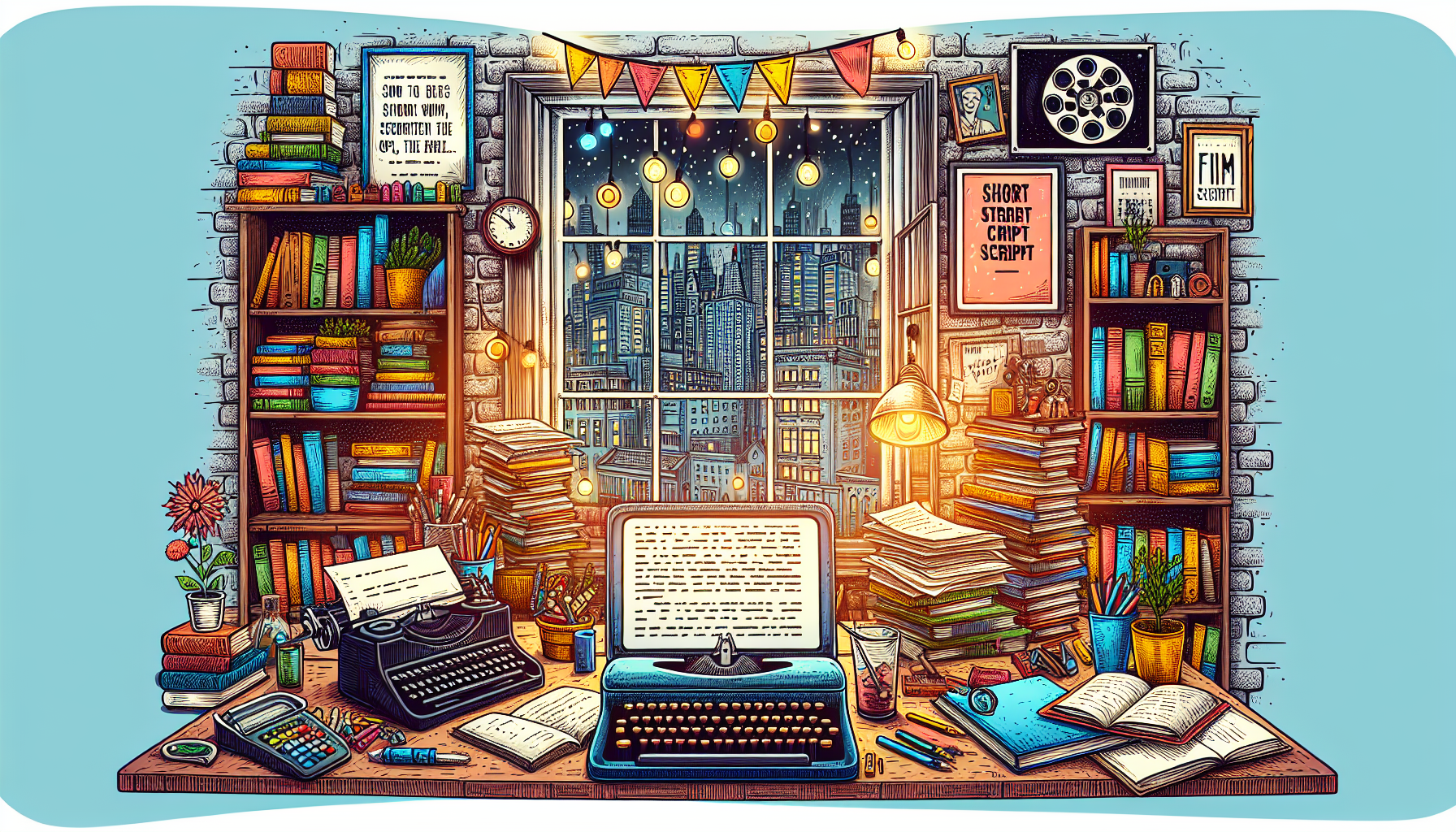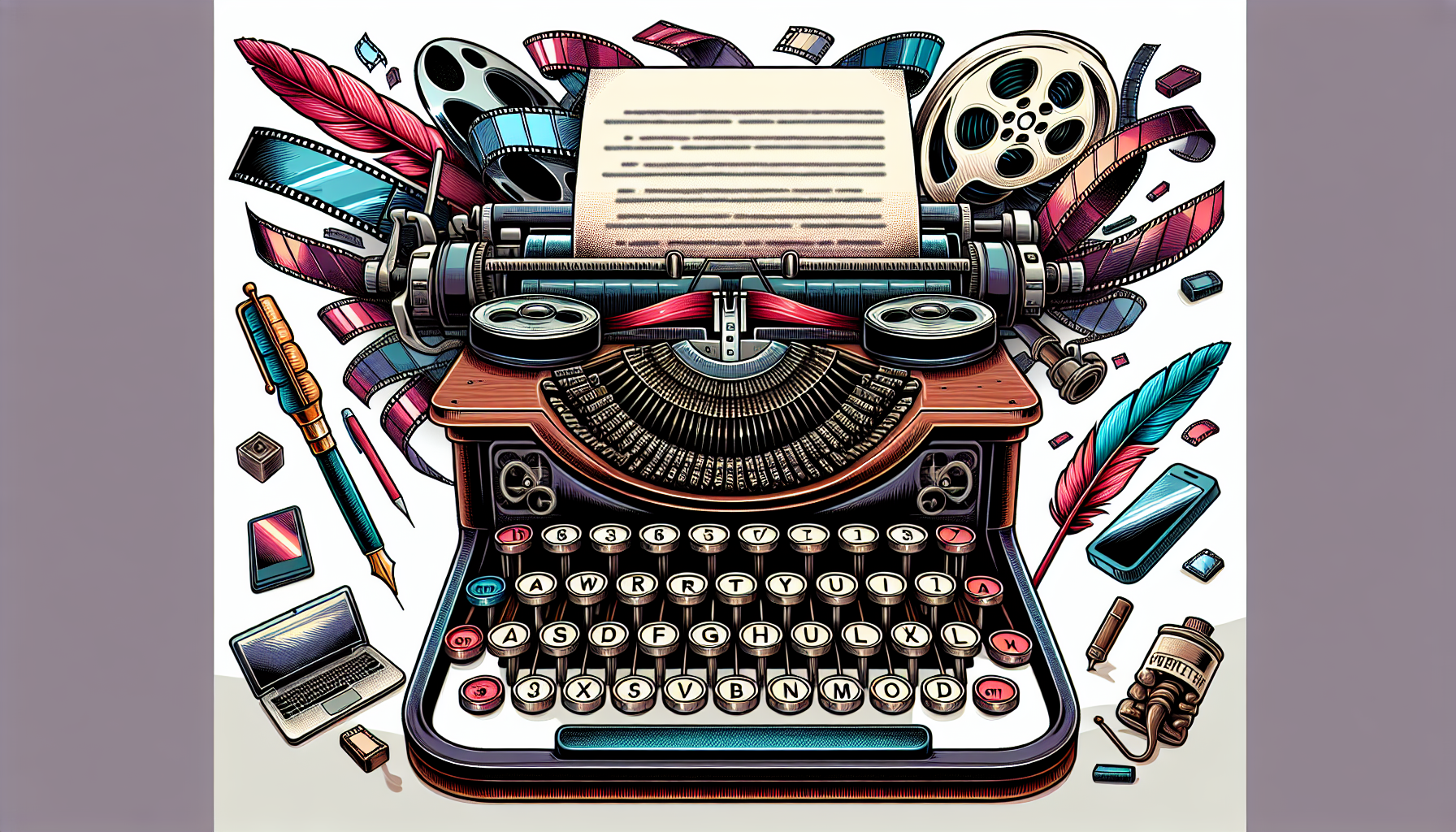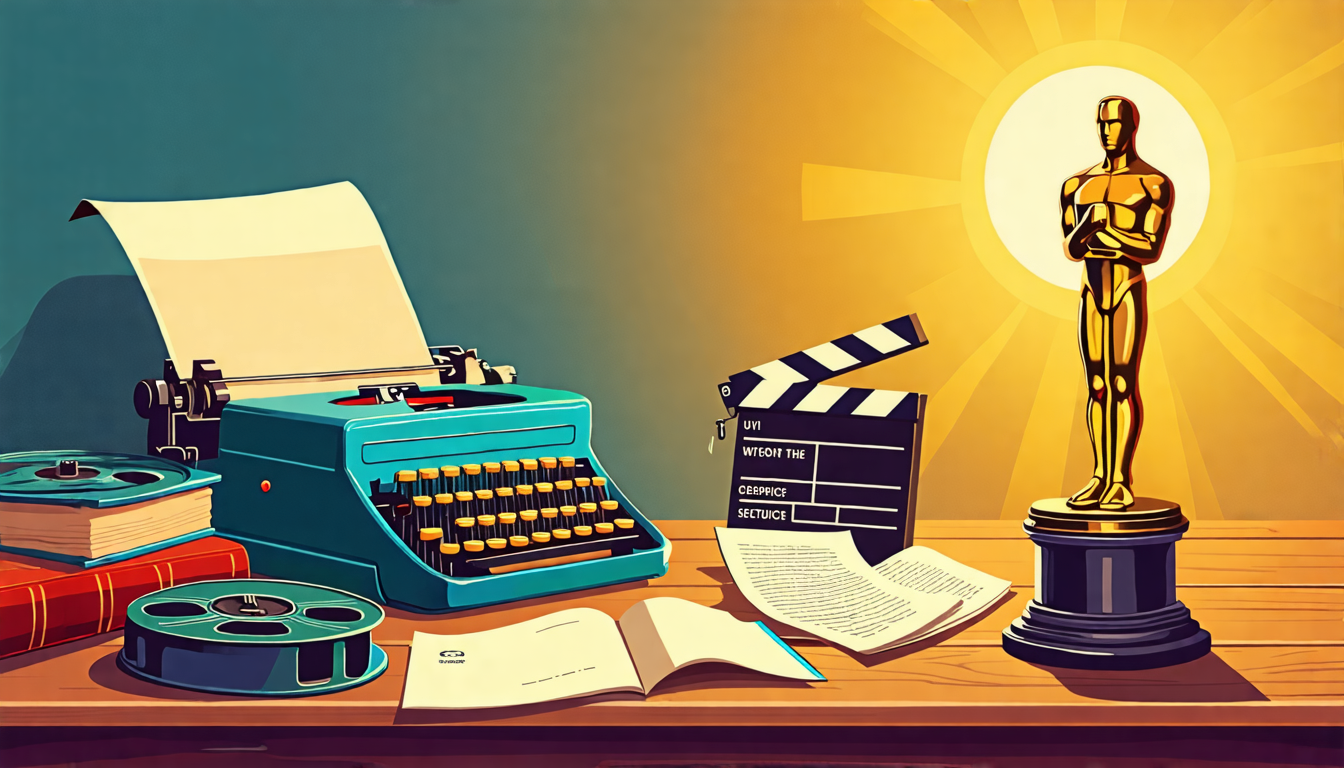
So, You Want to Write a Short Film Script?
Well, buckle up, future Spielberg, because you’re about to embark on a wild ride through the realms of narrative concision, dialogue that snaps harder than a mousetrap, and plot twists juicier than a gossip column. Crafting a short film script isn’t just about writing—it’s about seducing your audience into a brief but unforgettable cinematic fling.
Getting Started: The Seed of Creativity
Sniff Out Your Story Idea
Every great short film starts with a spark—a tiny, glittering idea that’s itching to grow up into a story. It could be a character, an image, an overheard conversation (no shame in a little eavesdropping), or that weird dream involving a flying burrito. Whatever it is, you need a concept compelling enough to carry a short film. Remember, you’ve got limited screen time, so pick an idea that’s simple yet punchy.
What’s the Big Idea?
Now, refine that concept. Are you tickling funny bones or tugging heartstrings? Is your story a slapstick comedy or a psychedelic mind-bender? Define the genre and tone. This step is like choosing a theme for your birthday party—pirates, princesses, or panic at the disco—it sets the mood for everything that follows.
Structure: Building Your Tiny, Mighty Framework
The Skeleton of Your Story
Unlike a sprawling novel, your short film script has to get to the point, and fast. Classic structure? Yes, please! We’re talking about the beginning (set up the world and the characters), the middle (conflict and complications—this is where the fun lies), and, drumroll please… the end (resolve it all with a satisfying or intriguing conclusion). It’s like guiding your viewer on an emotional and narrative rollercoaster, but you only have a few minutes, so every loop and drop must be engineered to perfection.
Characters: Less Is More
Creating Compelling Characters
In the economy of short films, your characters should be like espresso shots—small but strong enough to keep your audience engaged and awake. Give them clear goals, discernible flaws, and maybe a quirky trait or two—but don’t crowd your script with unnecessary extras. Think of your limit on characters like your college budget: only spend on what’s absolutely necessary.
Dialogue: Make Those Words Dance
Say It Like You Mean It
Dialogue in short films is like spice in cooking—just enough can elevate your dish, but too much and you’ll overpower everything else. Each line has to sound real and convey personality or push the narrative forward. If a line feels like small talk, chop it. Be ruthless! Would you rather eat plain oatmeal or oatmeal with cinnamon? Exactly—choose cinnamon every time.
Visual Storytelling: Show, Don’t Tell
The Art of Visual Brevity
Here’s where you let your visuals do the heavy lifting. Because you have less time to tell your story, make sure your images are speaking volumes. A well-placed prop or a significant setting can tell more about your character than a monologue. Think about how a messy bedroom tells you someone’s life is in disarray, or how a slow-motion shot might underline a moment’s importance.
Writing and Rewriting: Lather, Rinse, Repeat
Your First Draft: Fun and Frightening
Congratulations! Your first draft is done—now, let the real fun begin. Writing is rewriting. Read your script again. And again. Give it to others to read—preferably that brutally honest friend who’ll tell you if your baby’s ugly. Take feedback seriously, but also with a grain of salt; after all, it’s your story.
Final Polishes
Chisel away like a sculptor. Refine dialogue, enhance scenes, and ensure the pacing is on point. Your script should be smooth enough that even your grandma can follow along without having to ask her cat for a play-by-play.
Remember, crafting a short film script is both a science and an art form. It’s your tiny, short-lived dive into the lives of your characters. Make it so gripping that your audience wishes it were just a little bit longer. And who knows? Today a short film, tomorrow the Palme d’Or. Aim high, cinemaniacs!






